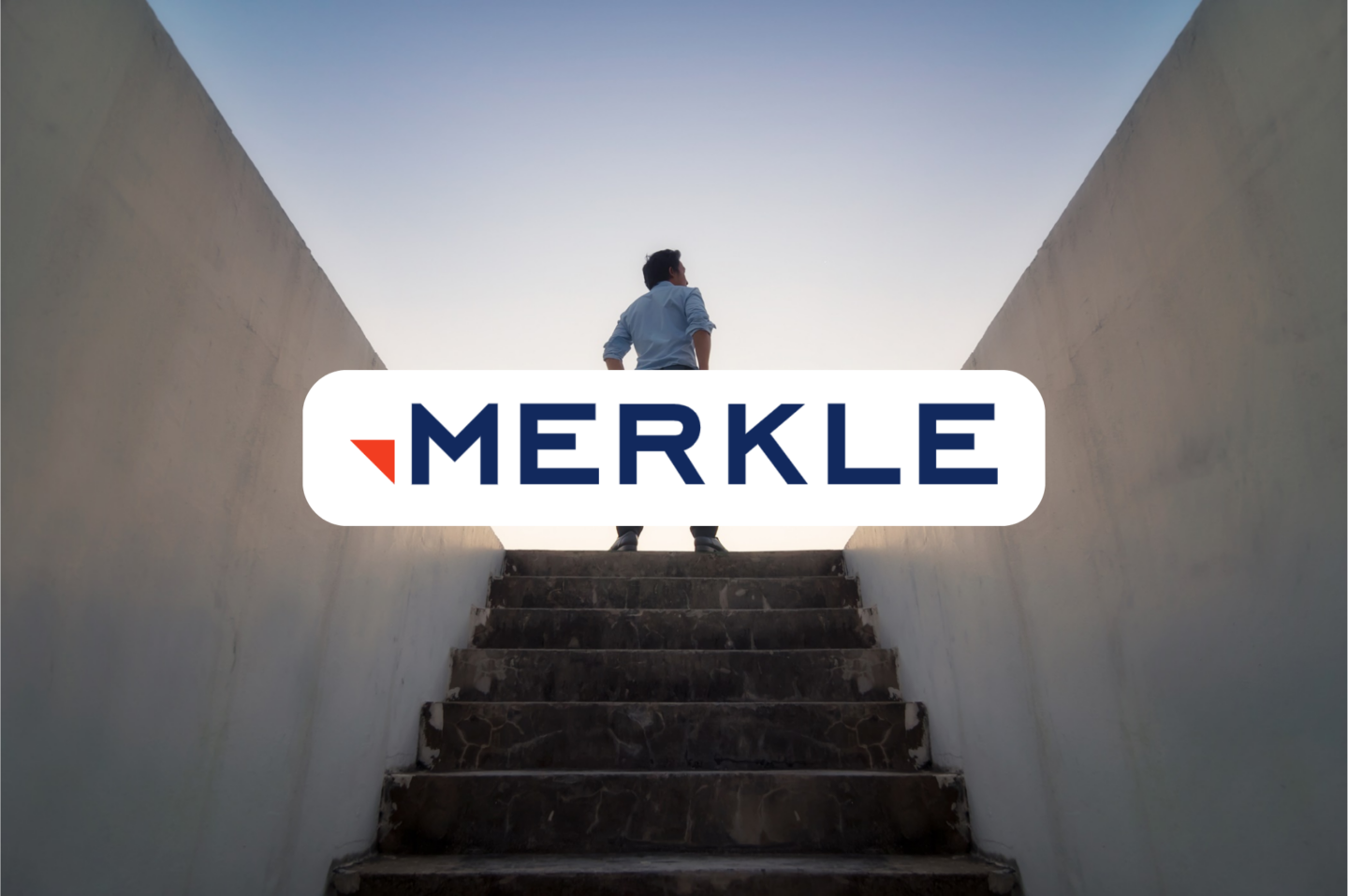Merkle has unveiled its latest report, highlighting four transformative shifts that are anticipated to reshape the B2B sector by the year 2030. These shifts include the rise of machine-to-machine commerce, the evolution of global supply chain traceability, the prevalence of digital marketplace business models, and a significant market speed acceleration.
"We've experienced so much change in the past few years – it can be hard to predict what the world will look like by the end of the decade. But our analysis points to a pace and scale of change that surprised even us, " said Holden Bale, global head of Experience & Commerce at Merkle.
Regarding machine-to-machine commerce, Merkle envisions that more than one-third of all B2B transactions will become fully automated, representing a staggering $8 trillion in total value. This forecast is underpinned by the continuous advancements in artificial intelligence (AI) and the widespread adoption of "Internet of Things" (IoT) devices throughout the economy. The increased automation particularly applies to low-complexity replenishment transactions, where machines can seamlessly handle interactions and transactions between buyers and suppliers without the need for direct human involvement.

"For B2B leaders looking to future-proof their businesses, our report outlines the significant shifts already underway in the marketplace and what it will mean to win in B2B – now and in the future. Today's society is on the verge of a new era in how we develop products and services leveraging AI, synthetic biology, and novel forms of manufacturing. Merkle's data-backed forecasts show hockey-stick growth in digital B2B marketplaces. In a nutshell, the world is going to look very different – very soon," added Bale.
Supply chain traceability
In the realm of supply chain traceability, Merkle's analysis delves into the ongoing global responses to demand shocks and disruptions within the supply chain, particularly in the aftermath of the pandemic. The report explores how heightened consumer expectations for greater visibility into the social, environmental, and geopolitical impact of their purchases are influencing B2B companies. It further investigates the growing demand from B2B executives and boards for increased transparency throughout global supply chains, driven by the need for enhanced decision-making in business operations.
Merkle predicts that the emphasis on supply chain traceability will 2030 surpass price or quality as one of the top two drivers influencing many buying decisions. This shift is attributed to many factors, including consumer demands for visibility, B2B companies feeling the pressure to respond, and a growing need for transparency in supply chain management to inform strategic business decisions.
The comprehensive report draws on six months of analysis from diverse global sources and proprietary data obtained from thousands of B2B business leaders. It incorporates insights from Merkle's B2B Superpowers Index, an annual global survey spanning various industries such as technology, financial services, manufacturing, and professional services, and covering key markets worldwide.
In other news, Merkle has enhanced its partnership with Braze, solidifying its position as a premium partner in the Braze Alloys Partner Program.









